Indoor plants have become increasingly popular in homes and offices, not only for their aesthetic appeal but also for the numerous psychological benefits they offer. The presence of greenery indoors is linked to improved mental health and overall well-being. This article will take you into the scientific reasons behind why indoor plants can make you happier.
#1. Stress Reduction

One of the most well-documented benefits of indoor plants is their ability to reduce stress. Studies have shown that being around plants can lower stress levels significantly. For example, a study published in the Journal of Physiological Anthropology found that interacting with indoor plants can reduce physiological and psychological stress.
Participants who performed a task in the presence of plants had lower blood pressure and reported feeling more relaxed compared to those who did the same task without plants .
How It Works:
- Visual Connection to Nature: Seeing plants and greenery can evoke a sense of calm and remind us of nature, which is inherently relaxing.
- Natural Scents: Some plants, like lavender and jasmine, emit scents that can have a calming effect and reduce anxiety.
Also Read- Best Houseplants For Dark Rooms
#2. Improved Mood

Indoor plants can significantly enhance your mood. Research indicates that having plants in your living space can increase feelings of happiness and satisfaction. A study conducted by the American Society for Horticultural Science found that indoor plants can improve mood and reduce the likelihood of depression.
How It Works:
- Biophilia Hypothesis: This theory suggests that humans have an innate tendency to seek connections with nature and other forms of life. Plants in the home or office can fulfill this need, leading to enhanced emotional well-being.
- Color Psychology: Green is often associated with tranquility and calmness, which can have a soothing effect on the mind.
Also Read- How Much Sunlight Does an Indoor Plant Need?
#3. Increased Productivity and Creativity

Having indoor plants in your workspace can boost productivity and creativity. A study by the University of Exeter revealed that employees who worked in environments with plants were 15% more productive and felt more engaged with their work.
How It Works:
- Enhanced Concentration: Plants can help reduce mental fatigue by providing a restful and restorative environment. This can lead to better focus and increased productivity.
- Creative Inspiration: The presence of plants can stimulate creativity by providing a more stimulating and aesthetically pleasing environment.
#4. Better Air Quality

Indoor plants can improve air quality by absorbing pollutants and releasing oxygen. Cleaner air can lead to better overall health and improved mood.
How It Works:
- Natural Air Purifiers: Plants like the snake plant, spider plant, and peace lily are known for their air-purifying abilities. They can remove toxins such as formaldehyde, benzene, and trichloroethylene from the air.
- Increased Oxygen Levels: By releasing oxygen and increasing humidity, plants can create a more pleasant indoor environment, which can help reduce symptoms of headaches, fatigue, and respiratory issues.
Also Read- Which Indoor Plants Are Easy To Take Care Of - The Ultimate Guide
#5. Enhanced Mindfulness and Connection

Caring for plants can promote mindfulness and a sense of connection. The routine of watering, pruning, and tending to plants can be a form of mindfulness practice that helps you stay present and focused.
How It Works:
- Mindfulness Practice: Engaging in plant care can be a calming and meditative activity that helps reduce stress and improve mental clarity.
- Sense of Achievement: Successfully growing and maintaining plants can provide a sense of accomplishment and boost self-esteem.
#6. Reduction of Noise Levels
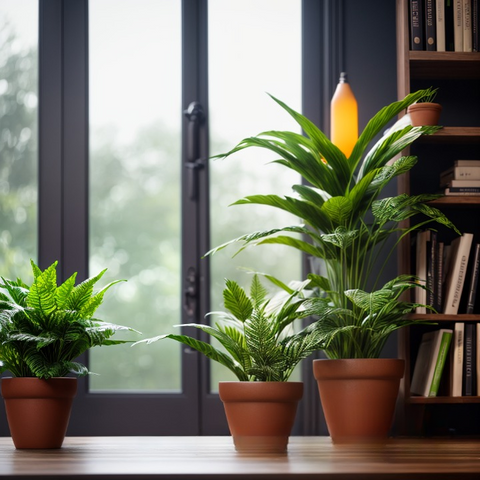
Plants can also help reduce noise levels in indoor environments, creating a quieter and more peaceful space. This can contribute to a less stressful and more relaxing atmosphere.
How It Works:
- Sound Absorption: Plants and their leaves can absorb, diffract, or reflect background noise, making the environment quieter.
- Psychological Comfort: A quieter environment can reduce distractions and create a sense of calm.
Conclusion
The presence of indoor plants can significantly enhance your happiness and overall well-being. From reducing stress and improving mood to boosting productivity and purifying the air, the benefits of indoor plants are supported by various scientific studies. Whether you are an experienced gardener or a beginner, incorporating plants into your home or office can create a healthier and more enjoyable living space. So, consider adding some greenery to your environment and experience the positive impact of indoor plants on your mental and emotional health.


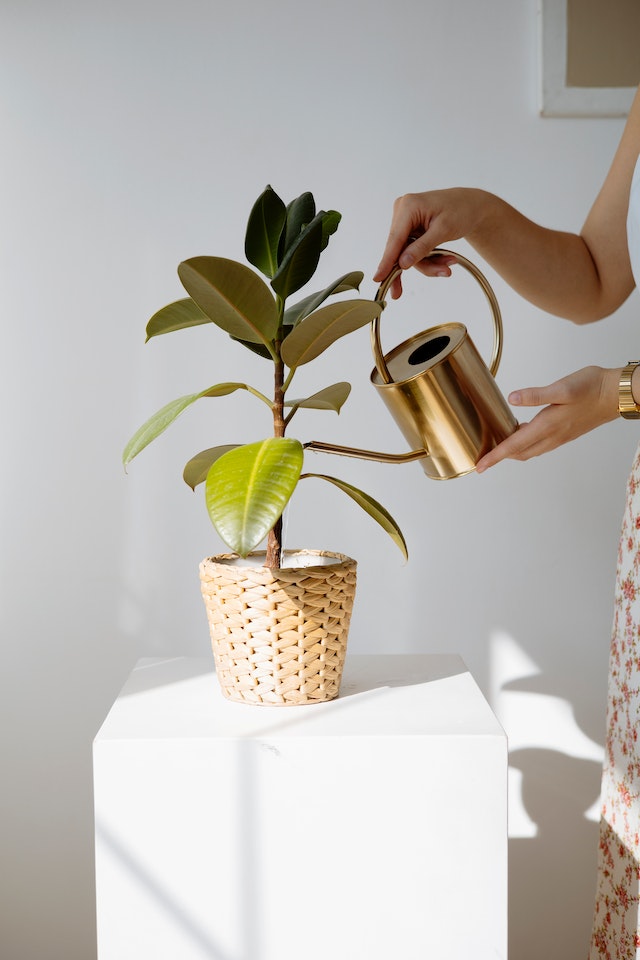

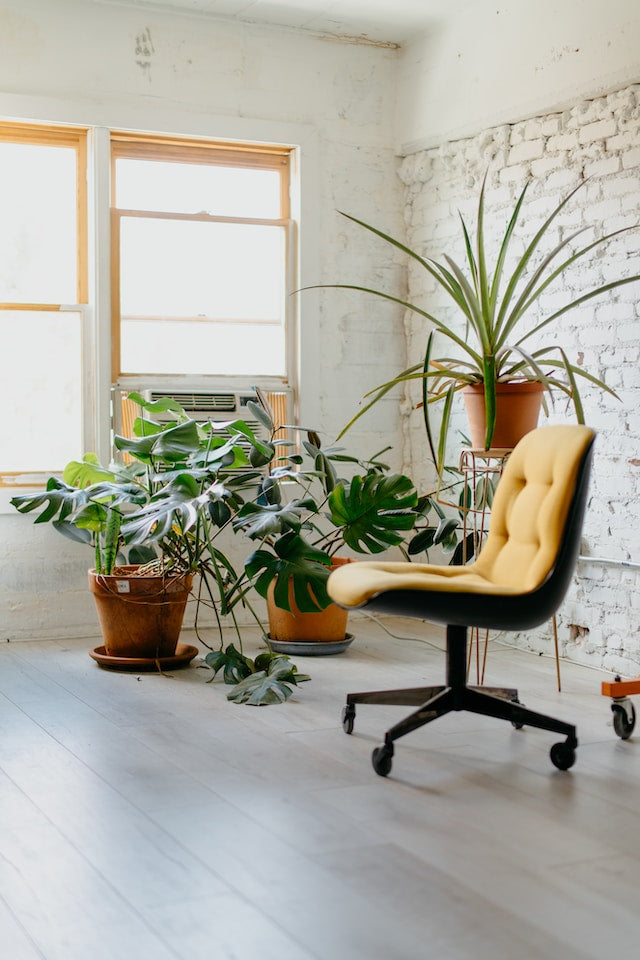

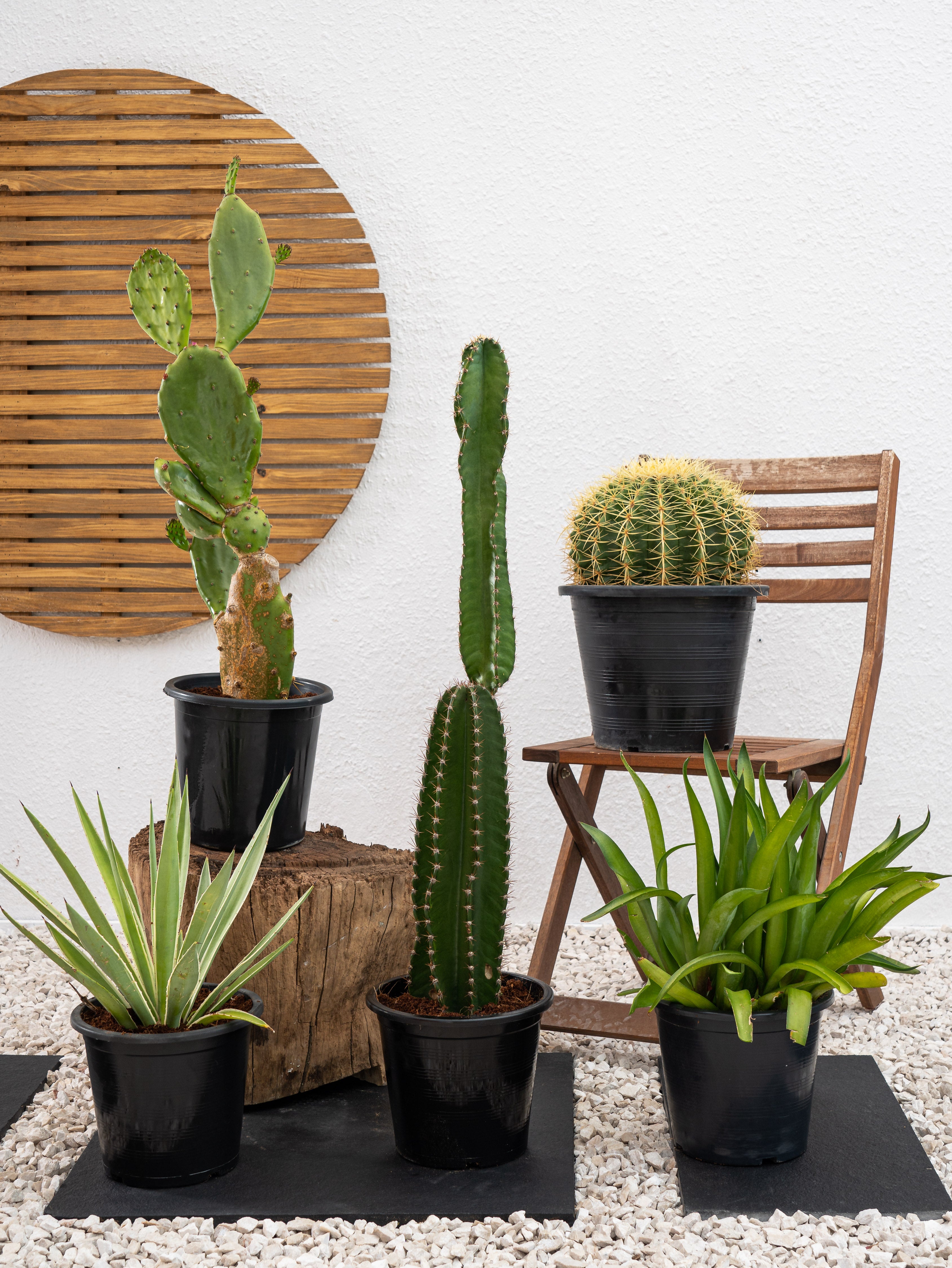


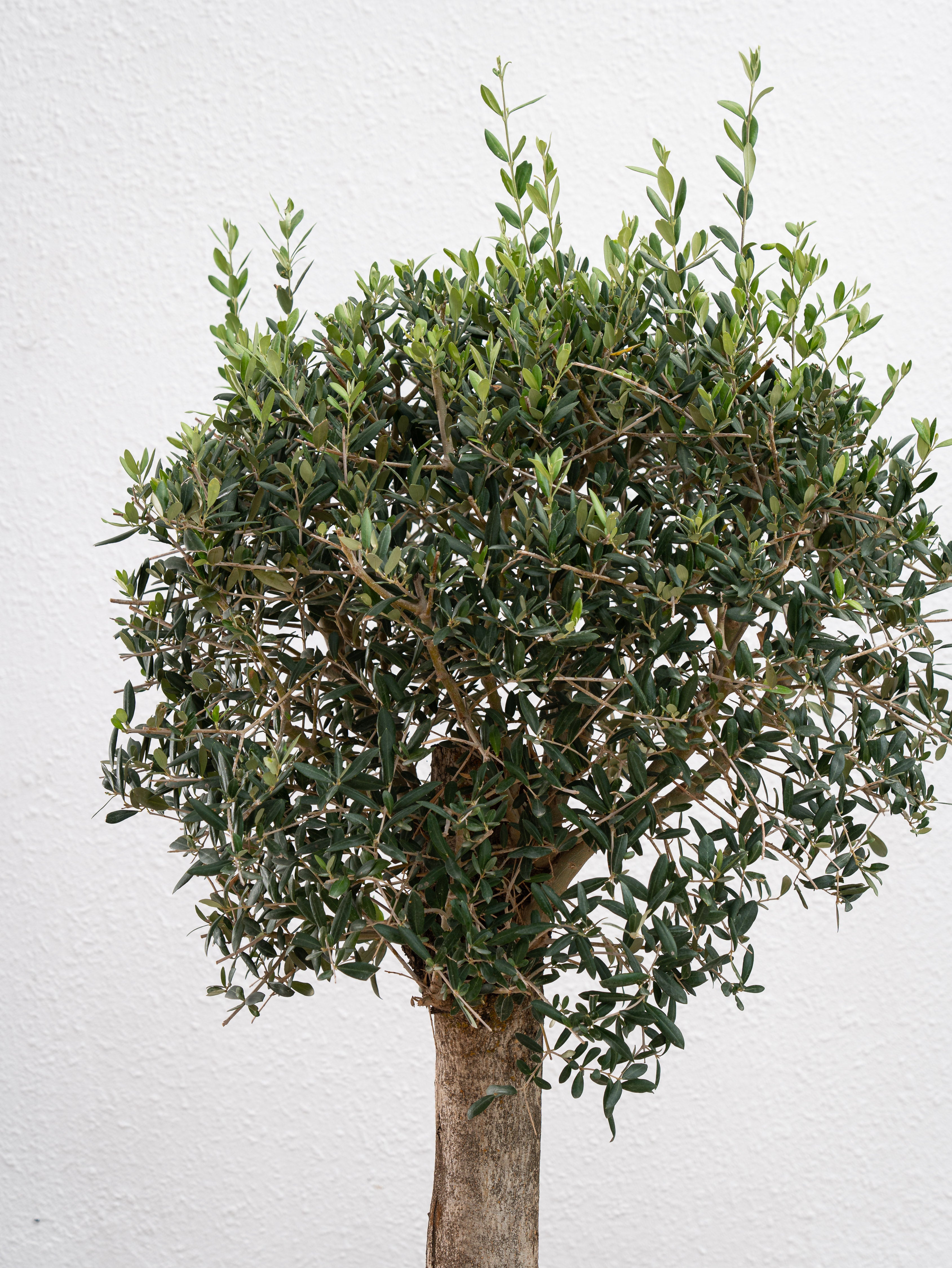
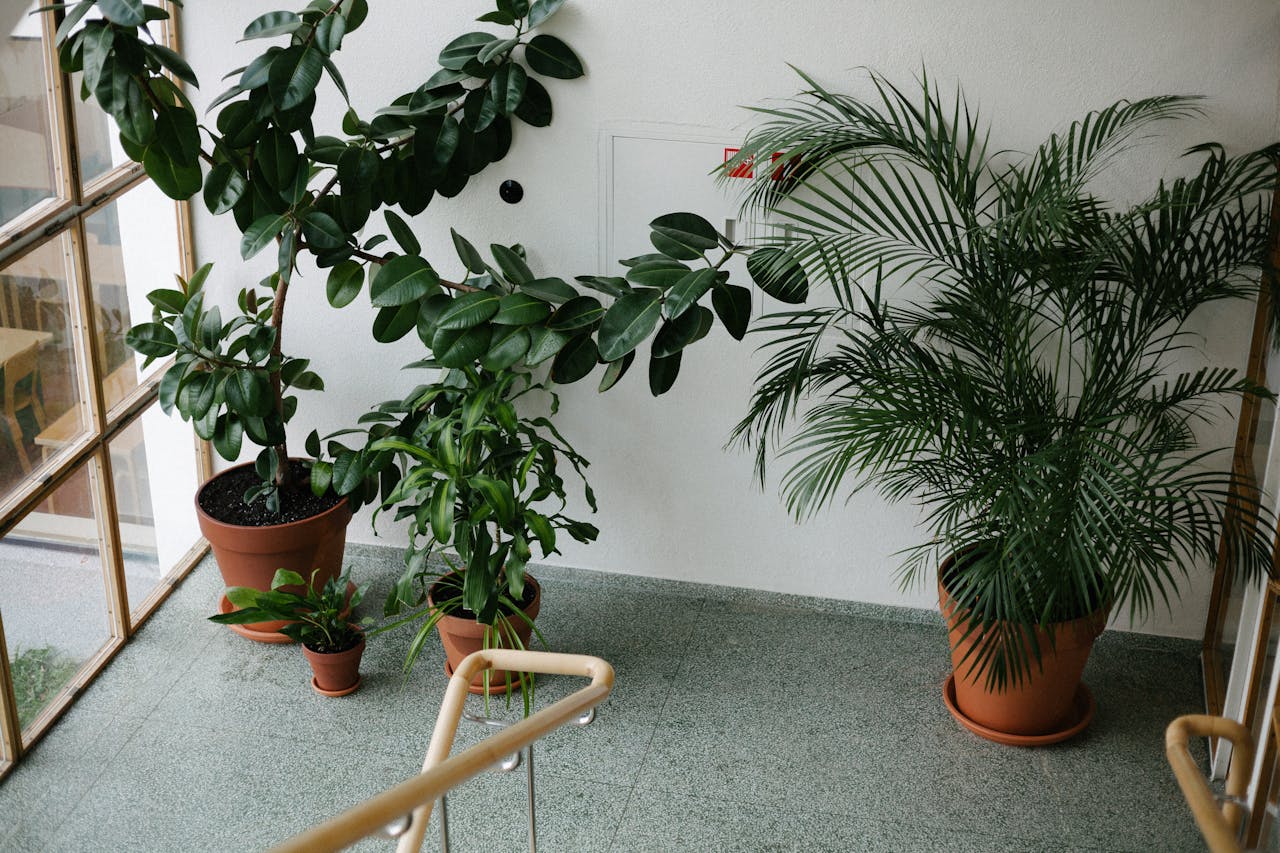


Leave a comment
This site is protected by hCaptcha and the hCaptcha Privacy Policy and Terms of Service apply.